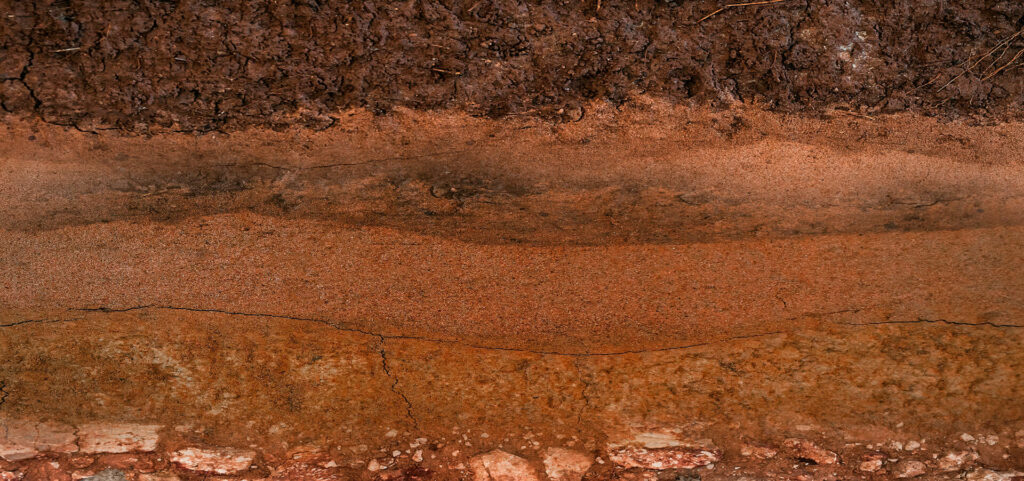Case study: Transdisciplinary field trip in Skåne

Own authorship
- Secondary, Tertiary/Higher Education
- Outdoor
- Field trip
- Sweden
Transdisciplinary field trip in Skåne
The transdisciplinary field trip in Skåne, a region in the south of Sweden, is organised for environmental engineering and ecology students from Lund University. Over the course of the trip, students visit 10 different sites across the southern region of Sweden to explore various biotopes and ecosystems.
This collaborative initiative involves two departments at Lund University: the Department of Biology and the Department of Geology. Led by two lecturers, one specialising in geology and the other in ecology, the field trip offers diverse perspectives that explore the intersection of biological, chemical, and geological processes shaping soil environments.
Objective
The main objective of the field trip is to illustrate the interconnectedness of geology and ecology to students. The development of plant communities is closely linked to geological parent material, while plants and their associated microbes significantly influence geological processes like weathering and soil formation.
Approach
During the field trip, students visit various locations situated along different gradients to observe how geological features influence biology and biodiversity. For instance, they explore a pit to examine different soil layers and the soil’s evolution over the past 10,000 years from the underlying bedrock. Additionally, students study peatlands, decomposition processes, nutrient cycles, fungi, mycorrhiza, and other relevant topics.
This excursion is interesting for its transdisciplinary approach, offering students insights from both biology and geology. By visiting diverse sites for comparison and reflection, students gain a holistic understanding of soil systems. Unlike traditional approaches where biologists focus on topsoil and geologists delve into deeper layers separately, this field trip provides students with a comprehensive perspective. The inherent transdisciplinary nature of soil, which encompasses geology, ecology, and chemistry, makes it an ideal subject for such collaboration. Unsurprisingly, the field trip is one of the most popular parts of the course.
